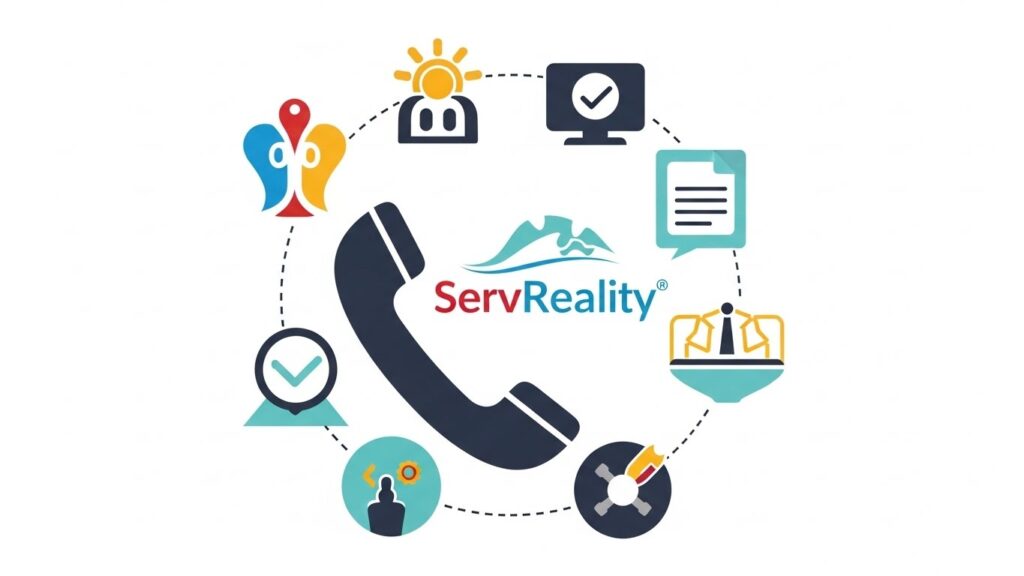Telemedicine has revolutionized healthcare by enabling remote access to medical services. With the COVID-19 pandemic accelerating the adoption and growth of telemedicine, there is a growing demand for telehealth apps that cater to the evolving needs of patients.
1. Security and Privacy:
Ensuring the safety and confidentiality of patient data is critical in telemedicine. Telehealth apps should adhere to strict security protocols such as encryption, two-factor authentication, and access controls to protect sensitive information from unauthorized access. Additionally, developers should comply with regulations such as HIPAA and GDPR, which enforce strict data protection rules for healthcare providers. The security of telehealth apps must be of the utmost importance to patients, who trust these apps with their personal and medical information.
2. User Experience:
Telehealth apps must provide a seamless and intuitive user experience to patients. This includes easy navigation, simple registration processes, and efficient appointment scheduling. Moreover, app developers should ensure that the platform is accessible across various devices and platforms, making it convenient for patients to use. A positive user experience can lead to patient satisfaction and increased loyalty, which can result in repeat business and referrals.
3. Interoperability:
Interoperability refers to the ability of different healthcare systems and technologies to communicate and exchange data seamlessly. Telehealth apps must be designed to integrate with existing healthcare systems and electronic health records (EHRs) to provide a comprehensive patient view. This enables healthcare providers to make informed decisions based on accurate patient information. Interoperability is essential for telehealth apps to provide a seamless experience for patients and healthcare providers, who need access to up-to-date patient information to deliver quality care.
4. Regulatory Compliance:
Telehealth apps must comply with various regulations such as FDA guidelines, HIPAA, and state-specific licensing requirements. Developers should conduct thorough research to ensure that their app meets all necessary regulatory standards before launching it in the market. Failure to comply with these regulations can result in legal action and loss of reputation. Telehealth apps must navigate the complex regulatory landscape of healthcare, which requires knowledge of federal and state laws and regulations, licensing requirements, and data privacy regulations.
5. Data Analytics:
Telehealth apps must collect and analyze patient data to provide insights into healthcare trends, patient behavior, and treatment outcomes. This data can be used to improve the quality of care, identify areas for improvement, and inform future app development. However, developers must ensure that they comply with data privacy regulations while collecting and analyzing patient data. Data analytics is a crucial aspect of telehealth apps, as it enables healthcare providers to make informed decisions based on accurate patient information and improve patient outcomes.
6. Collaboration:

Telehealth apps should facilitate collaboration between healthcare providers, patients, and other stakeholders. This includes features such as video conferencing, messaging, and file sharing to enable real-time communication and information exchange. Moreover, app developers should ensure that their platform is secure and compliant with regulations related to telemedicine collaboration. Collaboration is essential for telehealth apps to facilitate effective communication and coordination between healthcare providers, patients, and other stakeholders.
7. Cost:
Development and maintenance costs are critical factors for telehealth app success. Developers must consider the cost of developing a scalable and secure platform that complies with various regulations such as HIPAA and GDPR. Additionally, they should factor in ongoing maintenance and support costs to ensure that the app remains up-to-date and functional. By carefully managing costs, telehealth app developers can build sustainable solutions that cater to the evolving needs of patients while remaining profitable.
8. Ethics:
Telehealth apps must adhere to ethical standards to protect patient privacy, autonomy, and dignity. Developers should ensure that their app does not collect or use patient data for unintended purposes or without explicit consent. Additionally, they should comply with regulations related to patient confidentiality, informed consent, and data protection. Ethical considerations are essential for telehealth app developers to build trust between patients and healthcare providers and protect sensitive medical information from misuse or disclosure.
9. User Data Protection:
Telehealth apps must protect user data from unauthorized access, use, or disclosure. Developers should implement robust security measures such as encryption, two-factor authentication, and access controls to safeguard patient data. Additionally, they should comply with data protection regulations such as GDPR and HIPAA, which require strict data privacy and security standards. User data protection is essential for telehealth apps, as it helps build trust between patients and healthcare providers and protects sensitive medical information from unauthorized access or disclosure.
In conclusion, telehealth apps have immense potential to transform healthcare by enabling remote access to medical services. However, developing a successful telehealth app requires careful consideration of various factors such as security, privacy, user experience, regulatory compliance, data analytics, collaboration, cost, ethics, and user data protection. By following these key considerations, telehealth app developers can navigate the future of digital healthcare and build innovative solutions that cater to the evolving needs of patients.



